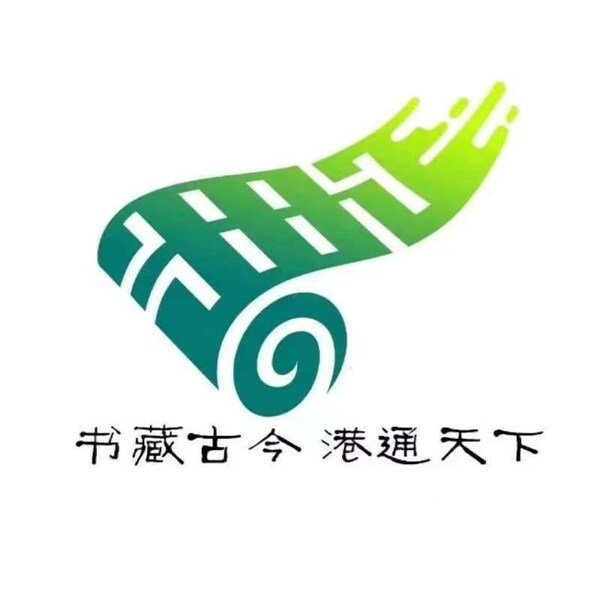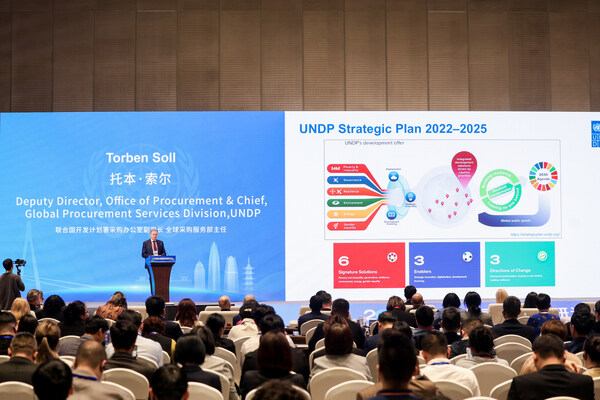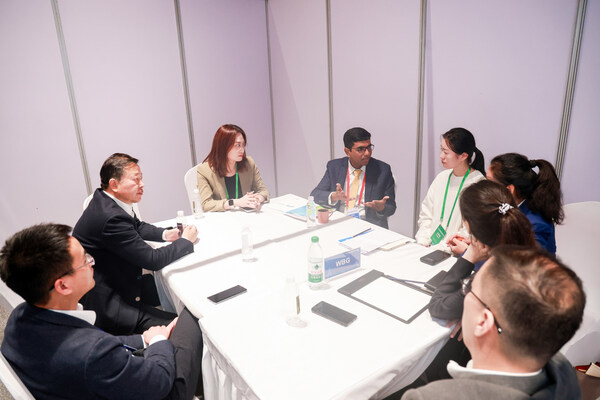 |
In recent years, the total value of UN procurement has steadily climbed, reaching as high as $29.6 billion. Traditionally, the IPS has been held primarily in Europe three times a year. As the UN seeks to innovate its procurement methods and achieve sustainable development goals, it has increasingly turned its attention to China.
"China has a diverse industrial landscape, offering high-quality products and services at competitive prices. By increasing its procurement of Chinese goods, the UN can enhance the efficiency of its funding use, allowing more developing countries to benefit from UN development aid projects. This aligns with our mutual interests," noted an official from the Ministry of Commerce's Department of International Trade and Economic Relations.
Ningbo has consistently emphasized the importance of UN procurement, organizing various initiatives for local enterprises to engage in UN procurement activities in recent years. In September last year, the city hosted the China (Ningbo) UN Procurement Promotion Conference, helping nearly 110 companies successfully register on the official United Nations Global Marketplace (UNGM) website.
Following this event, the UNDP office in China expressed gratitude, recognizing Ningbo's thriving manufacturing and foreign trade service sectors as having substantial potential to provide innovative solutions for UN procurement. "Ningbo serves as both a catalyst and a bridge, linking China with the world and the UN," stated Neris M. Baez, Director of the UN Secretariat Procurement Division.
The UN procurement system offers several advantages, including duty exemptions, low exchange rate risks, market stability, and avoidance of trade barriers. These factors can assist in opening markets in countries and regions involved in the Belt and Road Initiative, generating potential benefits and spillover effects.
"China possesses a comprehensive and robust industrial and supply chain and is a globally influential logistics hub. However, we currently lack the necessary channels to connect with international high standards. The key to expanding institutional openness lies in mastering international high-standard trade regulations," emphasized a representative from the Ningbo Committee of the China Council for the Promotion of International Trade.
If this seminar enables participants to become familiar with international high-standard trade regulations, it could establish a robust support system for engaging in UN procurement. This would create new opportunities in the international public procurement sector, empowering enterprises to secure more international orders through the UNGM website. From this perspective, the seminar represents an important "icebreaking journey."
Contact: Sun Jiali
Tel.: 0086-18069269225
E-mail: [email protected]



